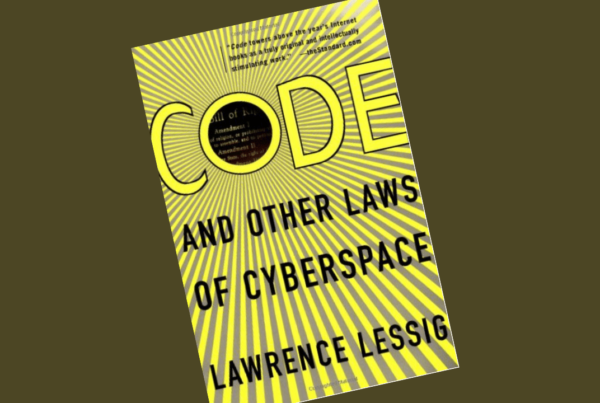Melinda Gates’ new book, The Moment of Lift: How Empowering Women Changes The World, ends with an enlightening story that illustrates the power of 80/20 efficiency.
Here it is in a nutshell…
Anna and Sanare live in Tanzania, where they work as farmers. When they were first married, Anna moved from her part of the country to Sanare’s region, where they lived together in a goat hut.
Anna walked 12 miles each way daily to the nearest well to fetch water.
After their first child was born, Anna could no longer make the daily trips. Sanare came home from the fields one day and found her on their doorstep, bags packed. Anna wanted to move back to her mother’s house, where she could care for their baby and get water more easily and not burden her husband.
Sanare was heartbroken. He asked what it would take to get her to stay.
“Go fetch water so I can nurse our son,” Anna said.
It broke with their culture’s tradition, and he was openly mocked for doing “woman’s work,” but Sanare fetched water.
Sanare ignored them, knowing his wife and son needed him to take on this new role.
And he bought a bike to reduce his travel time to the well.
After a while, other men stopped mocking Sanare and joined him in fetching water.
Then they also got tired of walking or biking 24 miles each day.
That’s when they, collectively, decided to build catchment areas to collect rainwater closer to the village. And the end result?
The entire village wound up benefiting from Anna and Sanare’s willingness to question a norm.
So how does this story relate to running a law firm?
Well, let’s start with questioning norms.
Whether you’re in a modern law firm or an African village, the norm will always be to do any given task the way it’s always been done. And to resist attempts to try something new.
So that’s the obvious parallel.
Then there’s the part of the story that involves figuring out the most effective way of doing the task (i.e., fetching water).
Riding a bike 12 miles was faster and more efficient than walking. But it wasn’t exponentially more efficient.
Building a catchment basin to gather rainwater was way more efficient and effective. But building the catchment took more upfront investment of time and effort.
That’s probably why Sanare didn’t try that method first.
So here’s another important lesson…
Figuring out how to harness 80/20 efficiencies takes thought and experimentation. But the payoff of exponential efficiency is always worth the effort.
We humans are pretty adept at solving problems.
But first, we must agree there’s a problem to be solved.
Only then can we find an 80/20 efficiency that serves us better.
P.S. Get the Smart Lawyers Tech Guide.







